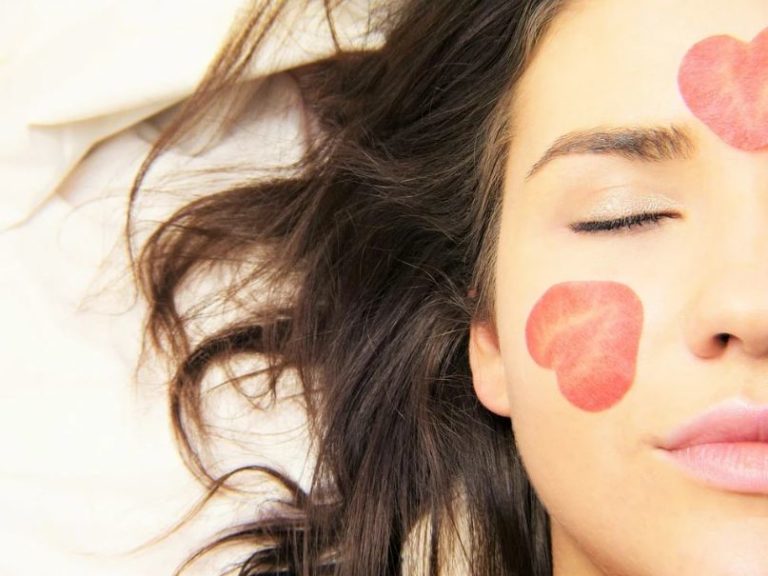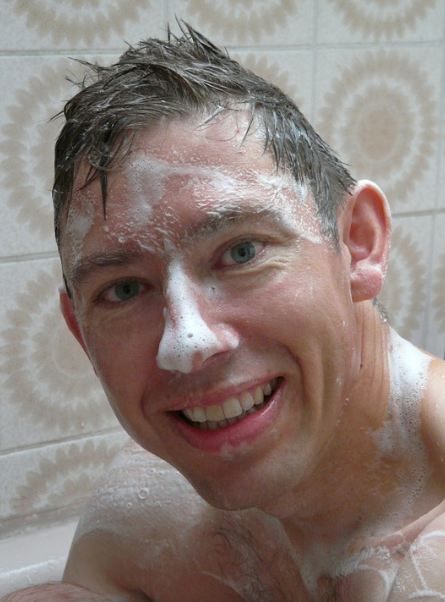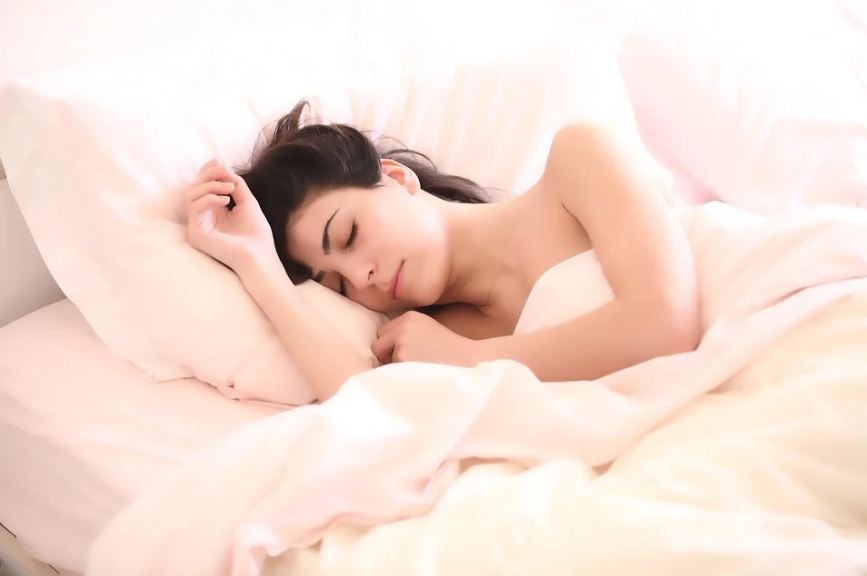You probably already know that you need seven to nine hours of sleep every night to feel the best version of you the next day, but isn’t “beauty sleep” a myth?
The notion of beauty rest turns out to be the subject of a lot of research and science. We exert too much effort in the morning to make our skin appear fresh and glowing. Everything from 10-step skincare to foundation. What if one of the most important keys to improved skin was as simple as lying down and napping? Our bodies, after all, never stop working, even when we’re sleeping, and sleep is the closest thing to the fountain of youth.
Here’s how sleep can give you radiant and healthy skin!
Maintain Right Level of Cortisol
Sleep is a stress reliever not just for your mind and body, but also for your skin. A lack of sleep raises cortisol levels (the stress hormone), causing your skin to be in a pro-inflammatory state. This might result in gloomy skin and under-eye puffiness. By getting an adequate amount of sleep every night, you can keep your right cortisol level and avoid unpleasant symptoms.
Regenerate Skin Cells
Your skin, too, is in desperate need of some rest after a hard day of combating UV radiation, pollution, sweat, and dirt.
Your skin goes into recovery mode when you sleep, and it’s a crucial period for repair and regeneration. Night time renewal can be up to three times quicker than daytime regeneration.
Produce More Collagen
Collagen is essential for plumping and smoothing the skin. While several treatments promise to increase its production, you can’t bottle the benefits of sleep.
Your body produces growth hormones once you fall asleep. These growth hormones guarantee that your skin produces adequate collagen, which keeps your skin tight and bouncy while also repairing acne and scars all over your body.
Radiant Complexion
When you sleep, the blood flows to your skin increases, giving you a healthy glow when you wake up. Sleep deprivation causes a reduction in blood flow to the area surrounding your face, resulting in your skin getting drab and losing your pink cheeks.
Happier, Healthier Look
Sleep deprivation may make the corners of your mouth droop, making you appear sadder than you would after a full night’s sleep.
Your facial expressions change in subtle and regular ways when you’re fatigued, that you tend to furrow and frown more. Exhaustion can also be indicated by red, puffy eyes, dark circles, drooping eyelids, and a paler complexion. And you will appear to be less healthy than those who get adequate sleep.
Fewer Wrinkles
During sleep, a lot of new collagen is produced, which helps to prevent sagging. Collagen-rich skin is plumper and less prone to wrinkles. If you only sleep for less than 7 hours a night, you may get twice as many fine wrinkles as if you sleep for seven, and it also dries out the skin, making wrinkles more visible.
Out-door Break
Pollution, sun exposure, and UV lights are some of the elements that our skin is exposed to daily. All of these, however, are eliminated at night. With your curtains closed, there is no UV damage, no pollution, no abrupt temperature fluctuations, and you’re not wearing makeup or sweating a lot at night. Your skin can have some rest against daily environmental influences in this clean atmosphere.
Healthy Sleeping Habit
#1 Wash your face before bedtime.
We’ve proven that sleeping is a particular method to help your skin heal itself: blood flow rises, collagen is regenerated, and facial muscles relax. However, going to bed with a filthy face, on the other hand, might impair your skin’s look.
You don’t need to use extravagant products or scrub too hard to clean your face at night, which is perhaps more essential than in the morning. A mild cleanser will suffice to remove debris, makeup, and excess oil to avoid big pores, dry skin, rashes, infections, and acne flare-ups.
#2 A glass of water beside your table bed and an overnight moisturizer is a must.
A glass of water next to your table bed and an overnight moisturizer is essential. Both sleeping and cleaning your face can dry your skin, mainly if you sleep in a low-humidity environment. However, you may keep your skin moisturized to some level by drinking water and a topical moisturizer at night.
#3 Use a specific pillowcase or sleep on your back.
Sleeping on a rough cotton surface can irritate your skin and cause wrinkles by compressing your face for lengthy periods. When most wrinkles are created by our facial expressions while awake, sleeping on our stomachs or sides can cause creases on the face and chest.
Get a skin-friendly pillow if you like to sleep on your side. Copper-oxide pillowcases may decrease crow’s feet and other fine wrinkles, while satin or silk pillows prevent skin irritation and tightness.



